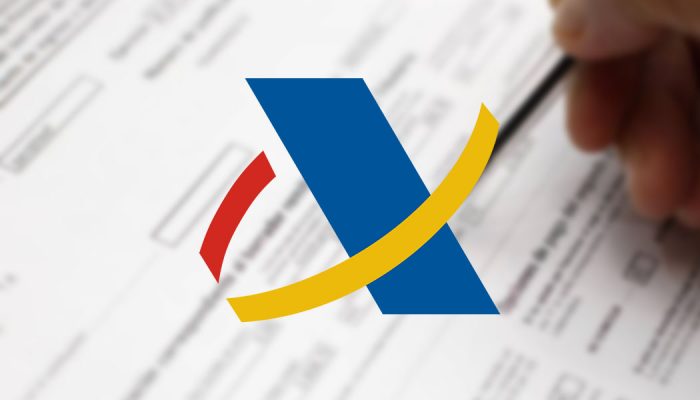Mutuas (workplace mutual insurance companies) are non-profit associations of a business nature that co-operates with the Social Security in the management of different types of coverage, such as sick leave or temporary incapacity of employees.
The mutual insurance companies were created to manage accidents at work, but nowadays they have gained in competences and depend directly on the Social Security, which authorises them. There are currently 19 mutual insurance companies in Spain that collaborate with the national public body.
What is a mutual insurance company?
Although mutuals are popularly known as work mutuals, accident mutuals or prevention mutuals, in regulatory terms mutuals have a single concept and have all of these functions among their objectives.
A mutual insurance company is a non-profit association of employers that collaborates with the Social Security system in the management of professional contingencies related to employees and the self-employed.
They are non-profit organisations, they do not make a profit from their work.
They are designated and authorised to operate by the Ministry of Labour and Social Security.
Mutuals are managed and supervised by the State Administration, through the Secretary of State for Social Security and its affiliated bodies.
They manage public resources and services.
Main functions of mutual insurance companies
In Spain, the mutual insurance companies were first recognised in 1900, but since then they have changed a great deal in terms of their functions, obligations and management. They have gained in specific competencies derived from the current benefits provided by the state to employees.
- Management of temporary incapacity benefits for common contingencies since 1996.
- Benefits for risk during pregnancy and risk during breastfeeding since 2007.
- Cessation of activity for self-employed workers since 2010.
- Benefit for the care of minors affected by cancer or other serious illnesses since 2011.
The current regulations recognise that mutual insurance companies are responsible for the management of occupational accidents, occupational illnesses and the prevention of occupational risks. They are also responsible for improving working and health conditions in companies.
The mutual insurance companies are responsible for health care, including rehabilitation, in cases of occupational diseases and accidents at work. In all other situations, citizens can insure themselves and their families with private health insurance. Death and survivors’ benefits following an accident at work or occupational disease are also covered by the work of the mutual insurance companies.
How does a mutual insurance company work and are they compulsory?
Workers must have their occupational contingencies covered by the Social Security. Mutual insurance companies provide a range of benefits, but the employer or the self-employed person, as the case may be, is free to choose; mutual insurance companies are not compulsory.
All mutual insurance companies operate in a similar way, they are subject to the same type of control and financing, so there should not be major differences between them in this respect. Employers often base their choice on details such as proximity and the number of care centres their employees will be able to take advantage of.
There is complete freedom of choice for both employers and the self-employed. Only the temporary incapacity due to common contingencies of their workers – sick leave – in the case of both the self-employed and employers must be covered by a mutual insurance company on a compulsory basis.
Occupational contingencies, however, do not have to be compulsorily managed by a mutual insurance company. You can opt for protection against these contingencies through a Social Security managing entity – National Social Security Institute and Social Marine Institute – or through a mutual insurance company. Whichever option is chosen, the content and scope of the obligation to pay contributions is exactly the same.
When the employer chooses a mutual insurance company to manage the benefits of his employees, he enters into a Partnership Agreement which sets out the rights and obligations of the employers. These contracts are for an annual period and are renewed annually.
 Limit Consulting
Limit Consulting
